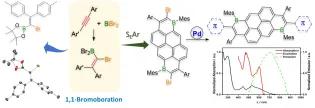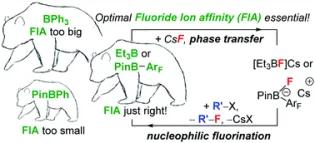Arene C-H borylation
Inexpensive boron electrophiles are effective for the C-H borylation of (hetero)arenes. Borylation proceeds with high yield, good functional group tolerance and with excellent regioselectivity (controlled by electronic effects, or by directing groups). The borylated arene products can be esterified to provide boron derivatives more familiar to the synthetic community and more robust to protodeboronation (e.g. pinacol boronate esters).






